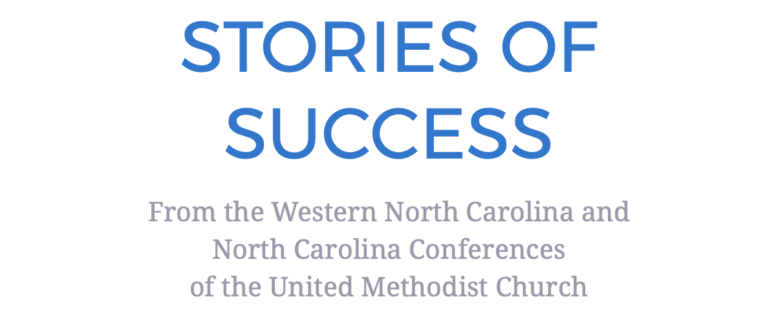Mutual Learning: A Foundation for Coaching
Coaching is a discovery process that involves learning, shifting mindsets and behaviors, and achieving goals. Mutual learning enables coaching.

Coaching is a discovery process that involves learning, shifting mindsets and behaviors, and achieving goals. Mutual learning enables coaching.

Use this list to reflect on your experiences in coaching, recognize behaviors that may reduce your impact, and to make any necessary adjustments.

One challenge coaches face is shifting their own mindsets and behaviors. Try these 9 questions before responding to your client’s statements and responses.

Just like a great story has a beginning, middle and end, so does a coaching engagement. Here are 5 questions I ask clients at the end of a coaching engagement.

Building on the experiences of 15 successful congregational leaders in the United Methodist Church, John Bennett, Ph.D., and Julie Gawle along with five graduate students (Emily Carpenter, Brendan Coffey, Danielle Frottier, Laurie Meek, and Tori Scarborough) from the McColl School of Business at Queens University of Charlotte, identify and explore leadership behaviors that support congregational vitality. In this study, 15 pastors

I am often asked about my experiences coaching all levels of leaders. One of those questions is “what makes a good coaching client?” There are five distinct factors that indicate a person is likely to benefit from coaching—whether from a professional coach, manager-coach, or peer. 1. Embrace a Growth Mindset A desire to learn, grow and shift their mindsets and behaviors.